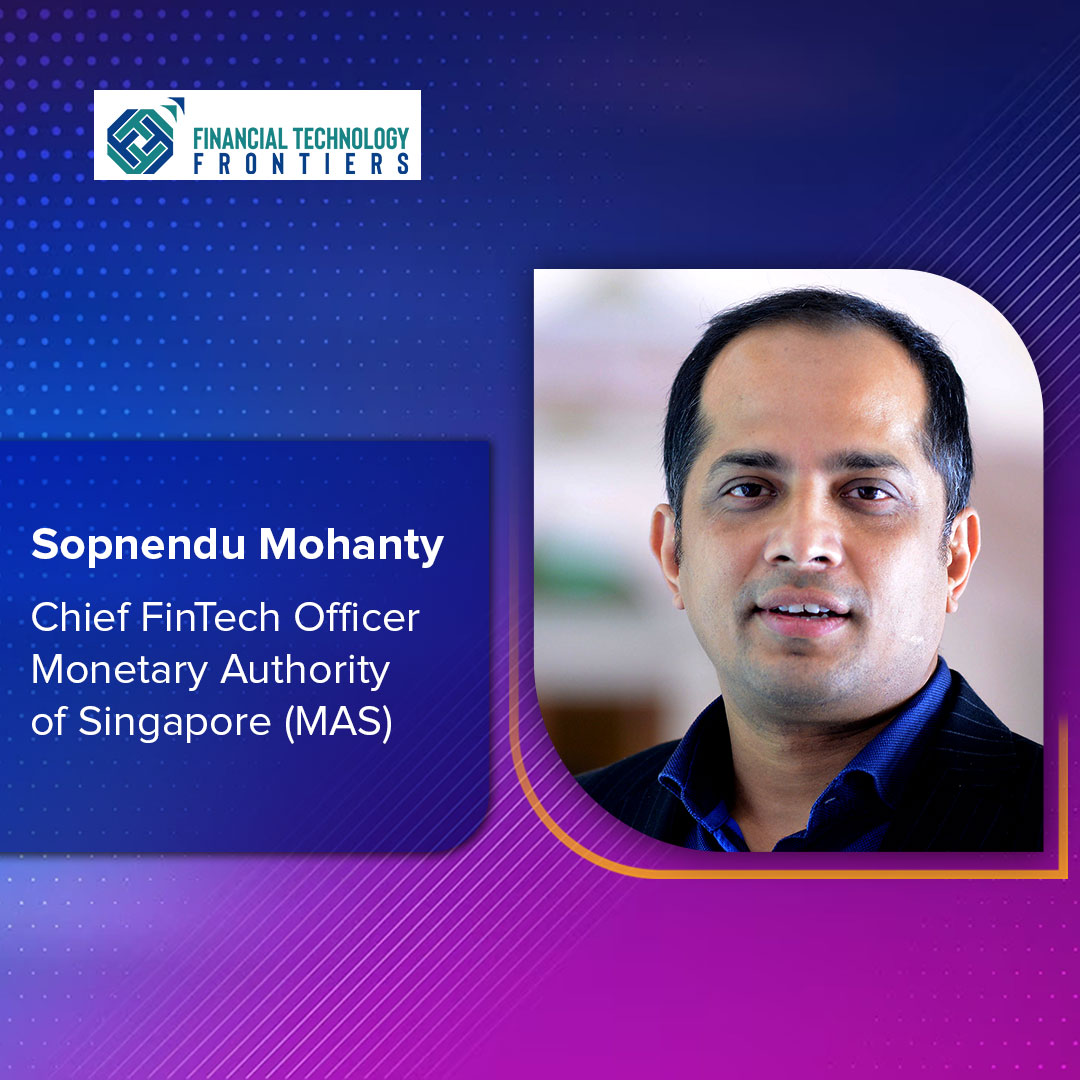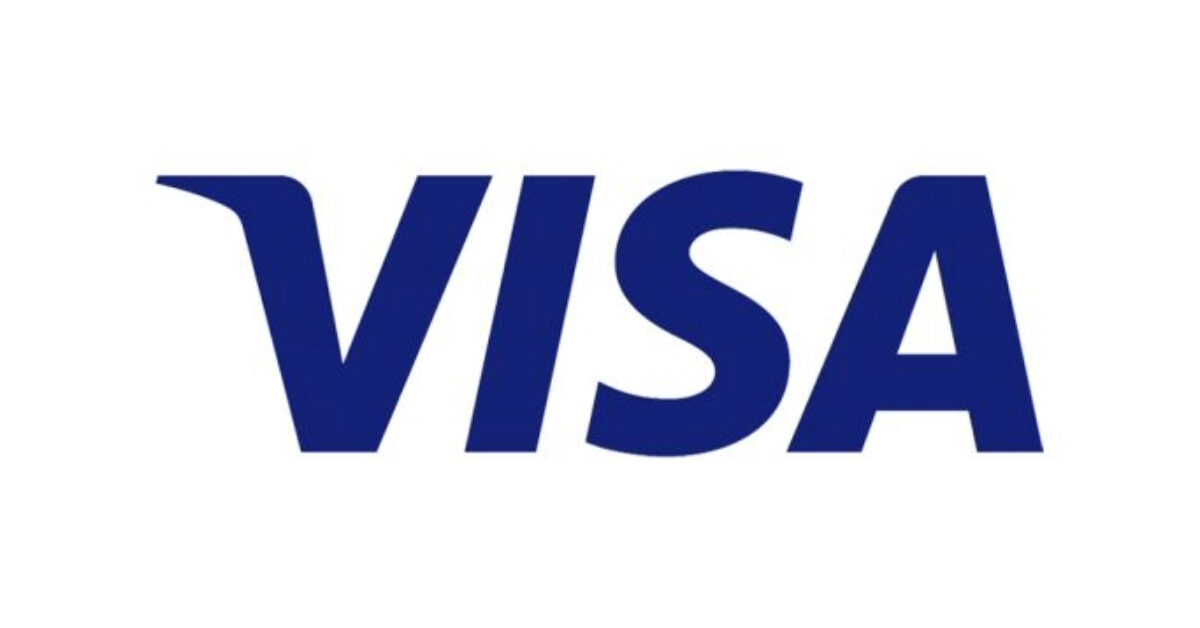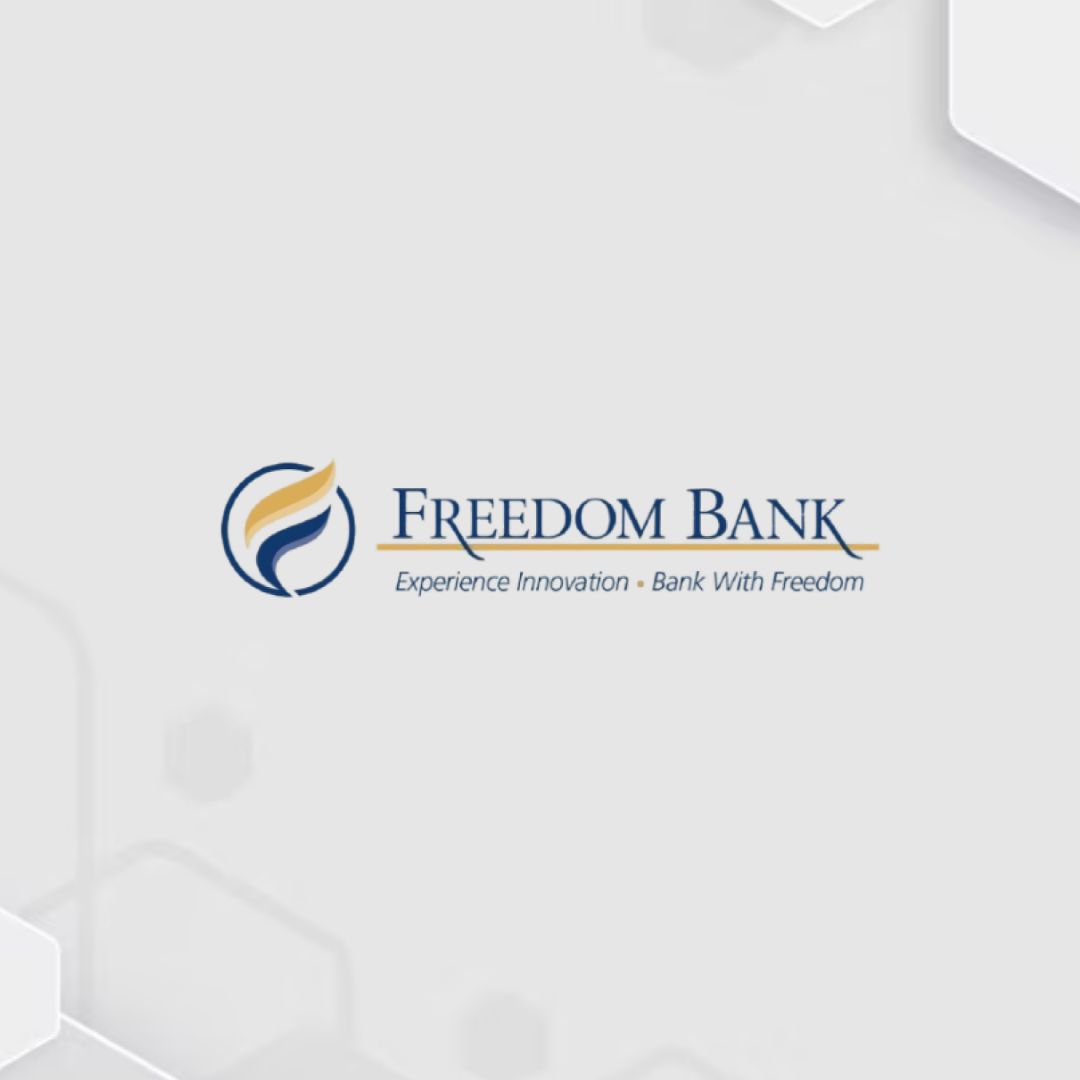
The Monetary Authority of Singapore (MAS) has announced the successful conclusion of phase one of Project MindForge which seeks to develop a risk framework for the use of Generative Artificial Intelligence (GenAI) for the financial sector. A whitepaper detailing the risk framework will be published in January 2024.
GenAI is a rapidly evolving technology that could both transform and disrupt the financial sector. While GenAI can help financial institutions to improve efficiency, provide more personalised customer experiences, and generate content and ideas for products and services, there are also risks involved, including more sophisticated cybercrime tactics, copyright infringement, data risk, and biases.
Project MindForge looks into the risks and opportunities of GenAI for the financial sector. It aims to develop a clear and concise framework on the responsible use of GenAI in the financial industry and to catalyse GenAI-powered innovation to solve common industry wide challenges and enhance risk management. The project is supported by a consortium comprising DBS Bank, OCBC Bank, United Overseas Bank Limited, Standard Chartered Bank, Citi Singapore, HSBC, Google Cloud, Microsoft, MAS, Accenture, and the Association of Banks in Singapore.
In phase one, the consortium has developed a comprehensive GenAI risk framework, with seven risk dimensions identified in the areas of: (a) Accountability and Governance, (b) Monitoring and Stability, (c) Transparency and Explainability, (d) Fairness and Bias, (e) Legal and Regulatory, (f) Ethics and Impact, and (g) Cyber and Data Security. The framework will enable financial institutions to use GenAI in a responsible manner. A platform-agnostic GenAI reference architecture was also developed, providing a list of the building blocks and components that organisations can use to create robust enterprise-level GenAI technology capabilities.
The consortium will also look into developing strong industry use cases that will benefit from the application of GenAI and other AI technologies, including the use of GenAI in managing complex compliance tasks and identifying hidden, interconnected financial risks.
In the next phase, the MindForge consortium will expand its scope to involve financial institutions from the insurance and asset management industries. The GenAI risk framework can thus be further improved and extended to the entire financial industry. The consortium will conduct experiments to explore the use of GenAI in areas such as anti-money laundering, sustainability, and cyber security.
Sopnendu Mohanty, Chief FinTech Officer, MAS, said, “As the financial industry continues to explore the potential of Generative AI technology, it is crucial that we develop a clear and concise framework for its responsible application. MindForge aims to address common challenges and catalyse AI-powered innovation in the financial industry, while ensuring that this technology is used in a responsible and sustainable manner. We believe that Project MindForge will contribute to the continued evolution of the financial industry and its responsible adoption of AI.”




